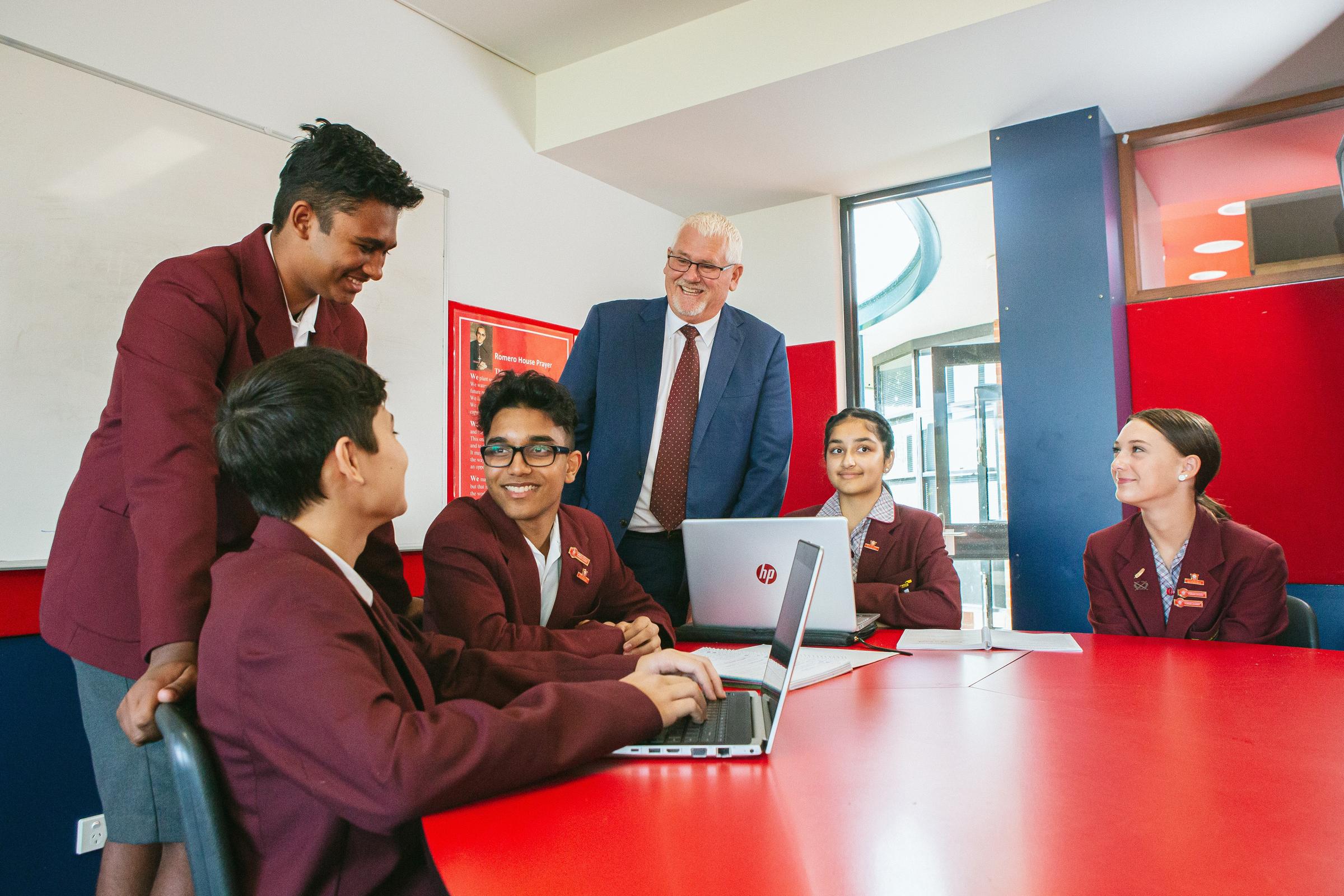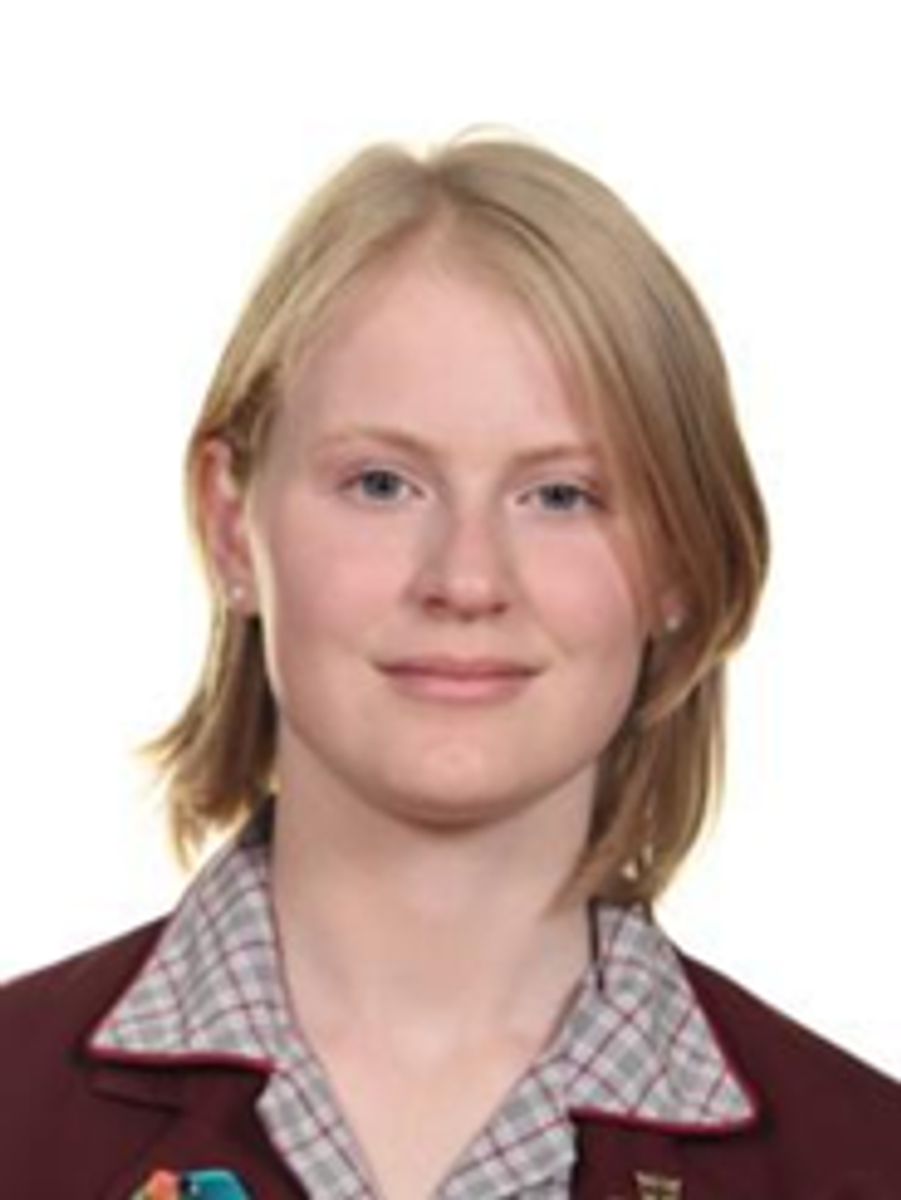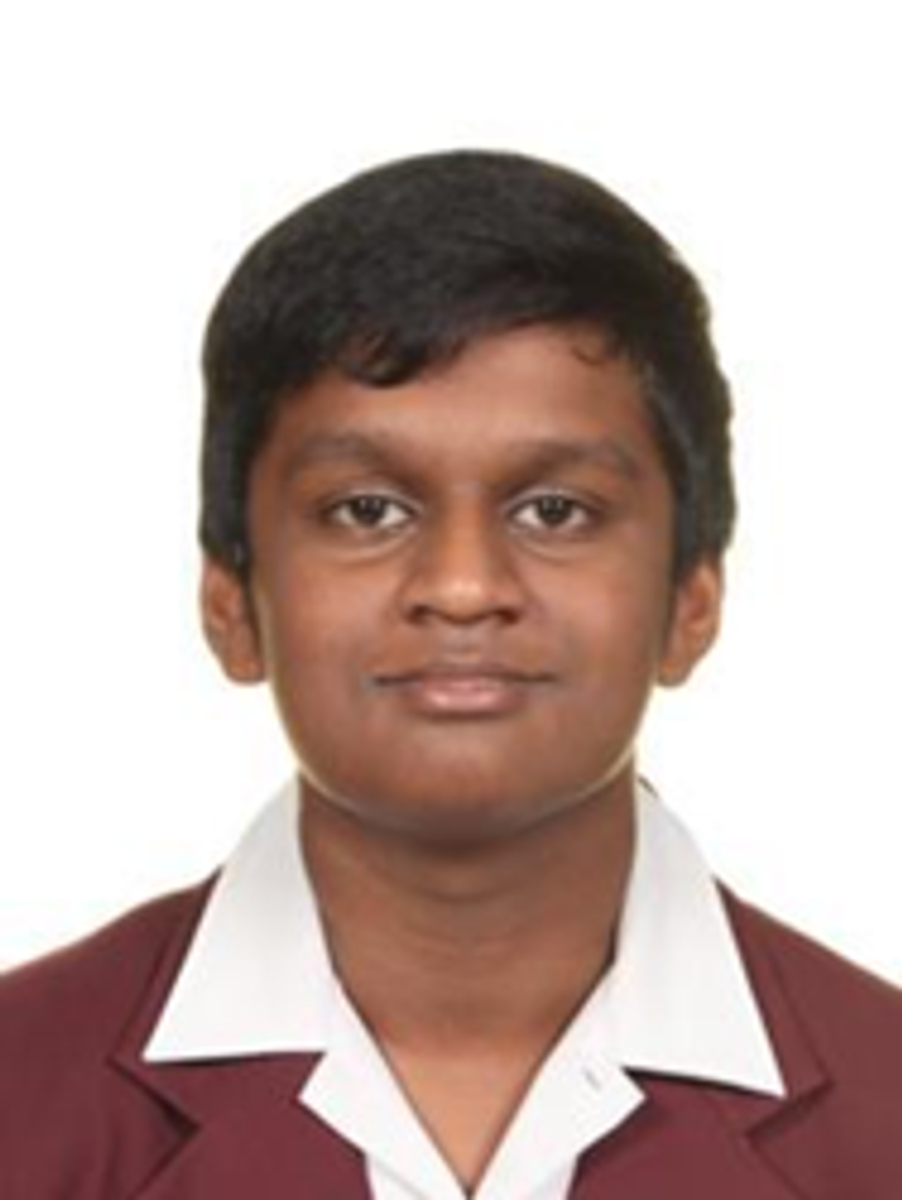Learning & Teaching News

Year 12 Practice Exams: Preparation, Purpose and Progress
Practice exams are a key part of the Year 12 journey. They offer students the opportunity to apply their knowledge under timed conditions, identify areas for growth, and refine their strategies ahead of the VCAA examinations. Please read ahead to understand why these assessments matter, how students can best prepare, and how families and teachers can support the revision process.
Why Do Practice Exams Matter?
Practice exams are not just “tests before the real test.” They are structured, strategic learning tools with specific benefits:
Authentic exam experience: Students practise applying knowledge under timed, exam-style conditions, developing stamina and confidence.
Stress rehearsal: Experiencing exam pressure in a low-stakes environment builds emotional regulation and resilience.
Targeted feedback: Teachers use student responses to pinpoint gaps in understanding and guide revision with precision.
Performance tracking: Results help identify whether students are progressing as expected and where further support may be required.
By completing practice exams seriously, students gain insight into how they might perform in the end-of-year VCAA assessments, and more importantly, what they can do to improve between now and then.
Preparing Effectively for Practice Exams
Preparation for practice exams should mirror preparation for the final VCAA examinations. Encouraging a structured approach now builds lifelong study skills and promotes deeper learning.
Suggested Preparation Strategies:
Create a study timetable: Students should allocate revision blocks based on subject weighting, personal confidence levels, and upcoming SACs. Include breaks and rest days.
Focus on active recall and practice: Rather than re-reading notes, students should test themselves using flashcards, self-quizzing, past paper questions, or mind maps.
Use Edrolo and other class resources: Videos, sample questions, annotated responses, and summary tools all help reinforce content and structure.
Practise under timed conditions: Attempting sections or entire exams within the allocated time helps build exam technique and time awareness.
Revise with purpose: Focus on high-yield topics, key command terms (e.g. “analyse”, “justify”, “evaluate”), and common question formats.
Expectations During the Practice Exam Period
Students are expected to approach the practice exam period with the same respect and effort they would bring to the VCAA examination period. This includes:
Arriving punctually with correct materials
Maintaining exam integrity and following VCAA rules (no phones, no talking, clear water bottles and pencil cases, etc.)
Using the full writing time to demonstrate depth of understanding
Avoiding shortcuts—taking exams seriously is essential for useful feedback
Teachers will mark the exams in a timely fashion, provide constructive feedback, and return results with suggested next steps.
Parents and guardians can support by helping students maintain routines, ensuring a quiet space for revision at home, and encouraging healthy sleep and nutrition habits during the exam block.
Using Feedback to Guide Final Revision
One of the most powerful aspects of practice exams is what happens afterwards. The true value lies in how students use the feedback they receive.
Key Steps for Students:
Review the exam carefully – Read through your responses alongside the feedback. What errors were made? Were there content gaps, misreading of the question, poor timing, or something else?
Create a revision plan – Use your results to target weak areas.
Seek support early – Don’t wait until just before the VCAA Examination date. Ask your teacher to clarify difficult concepts, or attend revision tutorials and supported help sessions.
Redo the questions – Simply reading feedback is not enough—redo the questions you got wrong and check your new response against the marking scheme.
Focus on technique as well as content – Many exam responses require structured reasoning, linking to key terms or data or case study, or a clear writing scaffold. Refining how you write is just as important as knowing what to write.
Final Thoughts: Progress, Not Perfection
At St Peter’s College, we remind students that their performance in practice exams does not define them, it informs them. These exams are not about achieving perfection, but about taking a critical step forward in their learning journey.
By engaging fully in the process from preparation to feedback, students set themselves up for success in the VCAA examinations and beyond. Families, teachers and peers all play a role in encouraging resilience, structure and calm in what can otherwise feel like a high-pressure time.
With clarity, commitment and support, the remainder of the year can be one of growth, achievement, and confidence.
Irene Balder
Senior Years Curriculum Leader (Cranbourne Campus)
Southern Independent Schools (SIS) Cultural Events News
SIS Debate Triumph at Padua College
Cranbourne was proudly represented at Padua College by a talented lineup of debaters.
Our Junior and Intermediate teams gave a spirited performance, showing courage, quick thinking and teamwork. Ruva shone for the Juniors with her confident delivery, while our Intermediate teams missed victory by the slimmest of margins, losing by only one or two points. Their teamwork and energy were simply electric, and they left the stage with their heads held high.
The real showstopper came from our Senior team. They stormed through their debates with precision, passion and poise, taking home victories in both rounds. This is the first time in Cranbourne history that our Seniors have achieved a double win, and the excitement was palpable. With two Best Speaker awards for Charli and one for Khushi, our Seniors have set a new standard for excellence and are now eagerly awaiting the semi-final results.
Accompanying our students on the day were Mrs Anouska Ozaki and Mr Jeremy Wright, who watched with pride as Cranbourne’s debaters made their mark. The whole school is cheering them on for the next stage.
The Senior Team will be debating in the Semi Finals at Flinders Christian College next week.
We wish them every success!
Mrs Anouska Ozaki
Learning and Teaching coach – Humanities (Cranbourne)
Juniors: Farirai Mavondo, Misha Yahiya, Manya Singh, Ruva Chimombe, Oakley Gent
Intermediate Team 1: Kelvin Kishan, Ria Kaur, Rea Shehu, Alysia Sumanada
Intermediate Team 2: Isabelle Dennet, Shae Frazer, Emmanuel-Ignatius Lutu, Jasskomal Hans
Seniors: Minh Tran, Charli Williams (Best Speaker for two debates), Khushi Kukadiya (Best Speaker for the unprepared debate), Emilia Bassett, Khanh Nguyen.
St Peter’s College (Cranbourne Campus) also participated in the Australian History Competition, which is a written quiz for students years 7 - 10. Well done to all the participants including Helani Gobena, Bella Hand, Cathy Tran and Aank Patel. A special mention to Jett Ordagic, Shaurya Kapil, Arpit Kaur and Naomi Mu who were awarded certificates of Merit. Well done to Raphael Beloso and Dhaan Abarnasuthan who earned a Credit, and congratulations to Shanel Balasuriya who achieved an outstanding result of a High Distinction.
Look out for the results of the S.I.S Chess Competition which will be held on the 11 September.
Kate McCormick
Learning Adjustment Leader - Exceptional Learners (Cranbourne Campus)
Student Learning Conferences – Years 7 to 11 students
Term 3 Learning Behaviour Report can now be accessed on SPACE. We now warmly invite all parents and guardians to attend our upcoming Student Learning Conferences for students in Years 7–11. These conferences provide an important opportunity to meet with your child’s teachers, discuss their progress, and identify strategies to support their learning journey.
The conferences will be held on:
Thursday, 4 September – Online via Microsoft Teams from 4.00 pm to 6.00 pm
Monday, 8 September – In person at your child’s campus from 2.30 pm to 8.30 pm
Your partnership in these conversations plays a vital role in strengthening the connection between home and school. Together, we can celebrate achievements and set clear goals for continued growth.
We strongly encourage you to book a time and take part in this valuable opportunity to support your child’s learning.
Mr David Hansen
Deputy Principal – Learning & Teaching




